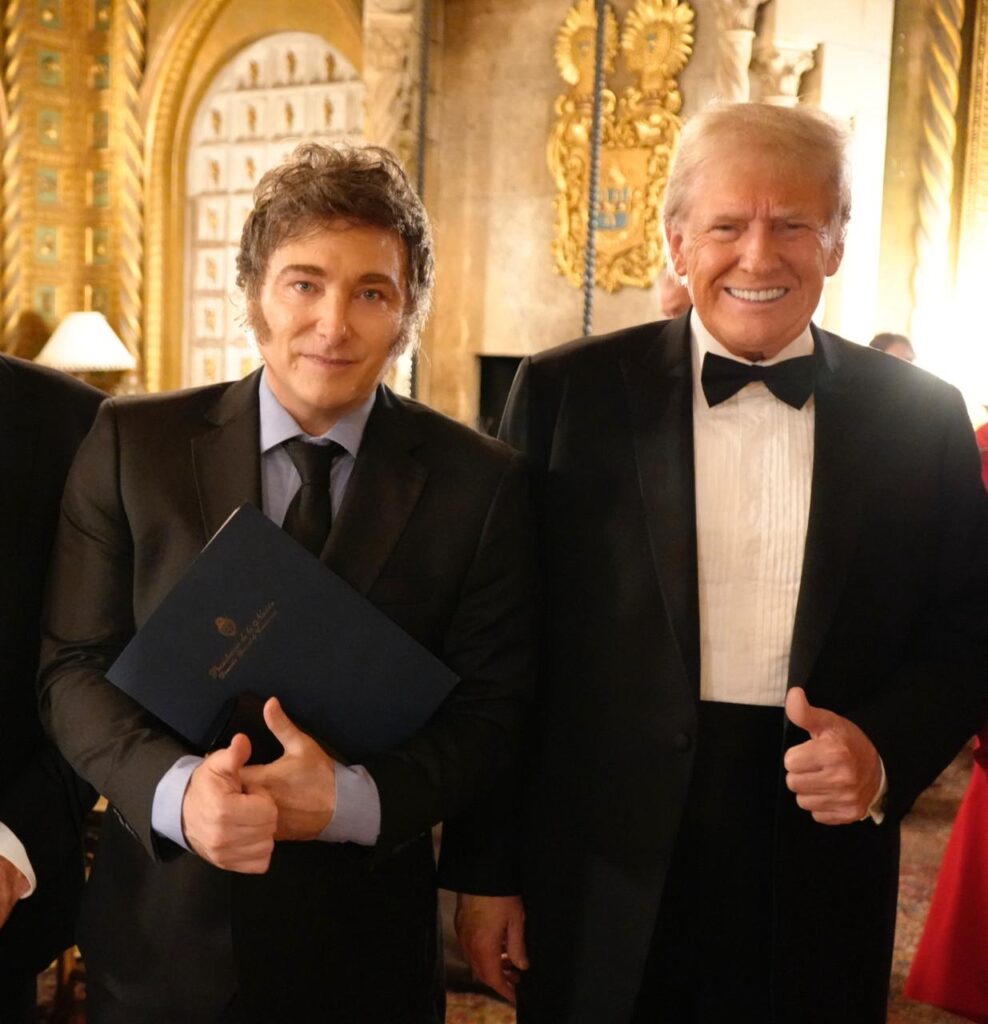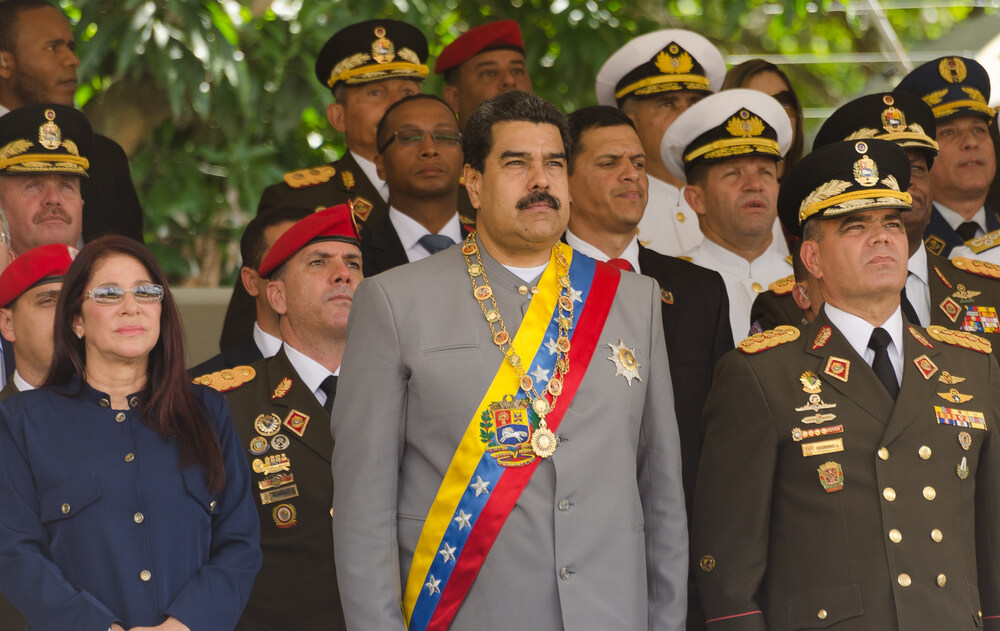Buenos Aires, Argentina — President Javier Milei surprised the opposition on February 5 by announcing that Argentina will leave the World Health Organization (WHO), citing criticism over the handling of the COVID-19 pandemic in the country.
The decision comes after President Donald Trump’s move to withdraw the United States from the organization, showing more alignment between Milei and Trump on international policy.
Days later, it remains unclear whether Argentina will successfully exit the WHO, how it would do so, or what consequences the decision might have for the country.
“President Milei instructed Foreign Minister Gerardo Werthein to withdraw Argentina’s participation in the World Health Organization,” presidential spokesman Manuel Adorni announced in a press conference at the Casa Rosada on Wednesday. “We Argentines will not allow an international organization to interfere with our sovereignty, let alone our health,” he added.
The decision to leave the WHO echoes debates over the handling of the COVID-19 pandemic during Alberto Fernández’s presidency, which saw nationwide lockdowns imposed for extended periods in 2020 and 2021.
The measures were criticized by then-opposition leaders as “the longest quarantine in the world” and sparked protests demanding an end to restrictions. Vaccine acquisition and distribution were also controversial, with allegations of favoritism toward relatives that led to the removal of then-Health Minister Ginés González García.
Indeed, members of Milei’s cabinet cited lockdowns as a major factor in the decision to leave the WHO. “This is the same organization that asked each country to give up its sovereignty in a pandemic agreement — something President Javier Milei obviously did not accept,” Health Minister Mario Lugones tweeted last Wednesday.
“We rejected it because, among other things, the WHO would have gained the authority to impose lockdowns on a country’s population. It promoted prolonged quarantines and has long been part of a healthcare system that collapsed due to poor political decisions. The WHO did not protect Argentines; it only reinforced a failed bureaucratic model,” he added.
The decision drew widespread criticism from health officials and experts across the country.
“The WHO is the main instrument we have. Of course, it is not perfect; it faced coordination challenges during the pandemic, but we need to strengthen the structures that help us coordinate,” Buenos Aires city Health Minister Fernán Quirós said on El Observador Radio. “Germs do not respect borders, ideologies, or types of countries,” he added.
Milei’s move “removes Argentina from a place that helps us, provides technical cooperation, and keeps us updated to face global health challenges. It is basically health flat-earthism, based on some pseudo-scientific idea influenced by social media and lies about what happened during the pandemic,” Buenos Aires provincial Health Minister Nicolás Kreplak told El Destape.
“They say it’s about sovereignty, but it’s just parroting what the United States does. I don’t know if they’re seeking support from the IMF or if they actually believe it, but it has nothing to do with reality,” Kreplak said.
Read more: Donald Trump and Javier Milei love each other, but will Argentina love Trumponomics?
Javier Milei is reportedly considering accusing WHO Director-General Tedros Adhanom Ghebreyesus in the International Criminal Court (ICC) of alleged crimes against humanity in the handling of COVID-19. The idea circulated unofficially among journalists at the Casa Rosada, the offices of the presidency, and appeared to be supported by a retweet by the president on X. However, there has been no official announcement on the matter, and it remains unclear whether the initiative has any backing—if it exists at all.

Leaving WHO: a long path for Argentina
Despite the government’s enthusiasm for the initiative, exiting the World Health Organization will not be as simple as Milei might hope. Argentina has been a member of the organization since its founding in July 1948. To leave, revoking Law 13.211 will be required, an unlikely scenario in the opposition-controlled Congress.
If the decision moves forward, there is debate over how Argentina would cover the benefits it currently receives from the WHO after “saving” the $10 million it pays annually for membership. Access to vaccines — while the government is proposing to cut its budget in this area — is a key issue, as well as international cooperation in response to potential threats.
Health Minister Lugones attempted to dispel concerns, arguing that Argentina will not leave the Pan American Health Organization (PAHO). “Leaving the WHO does not mean losing cooperation or funding. Agreements with PAHO remain in effect, the vaccination schedule is secured, and we continue to have access to epidemiological information and lower-cost supplies,” Lugones said on X.
“A concrete example of this is the recent agreement between Pfizer and Sinergium Biotech for the production of the 20-valent pneumococcal vaccine in Argentina, as well as the agreement between Pfizer and PAHO to distribute it across the region through the PAHO Revolving Fund,” he added.
It remains to be determined whether Argentina can remain a member of PAHO after leaving the WHO, which Lugones did not clarify. “The national government is putting an end to decades of poor health administration. Sovereignty is not up for negotiation,” he concluded.










